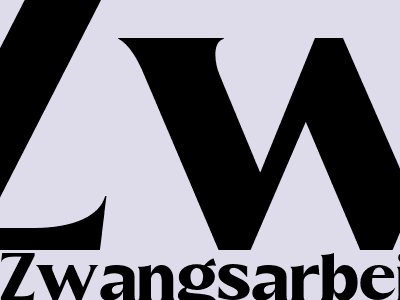
Ikea to Pay 6 Million in Compensation for Slave Labour in East German Prisons
Background
In a landmark move, Swedish furniture giant Ikea has agreed to pay 6 million euros in compensation to victims of forced labour in East German prisons during the Cold War era.
The company has acknowledged that its former East German subsidiary, Möbelwerke Hellerau, used forced labour from political prisoners between 1964 and 1989.
Compensation Scheme
The compensation scheme was negotiated between Ikea and representatives of former prisoners and their families.
The payments will range from 10,000 to 30,000 euros per person, depending on the severity of the forced labour experienced.
The scheme is open to former prisoners who were forced to work in Möbelwerke Hellerau or other East German prisons supplying Ikea.
Historical Context
During the communist era in East Germany, political prisoners were often forced to work in prison factories producing goods for Western companies.
This practice was widespread and involved thousands of prisoners, who were subjected to harsh conditions and exploitation.
Ikea's involvement in this system has been documented in a 2012 report by the Swedish National Audit Office.
Corporate Responsibility
The compensation payment represents a significant step towards acknowledging and addressing the historical wrongs committed against forced labourers.
It also highlights the importance of corporate responsibility and the need for companies to ensure that their supply chains are free from human rights abuses.
Ikea has stated that it deeply regrets the suffering caused to victims of forced labour and is committed to preventing such abuses in the future.
Next Steps
The compensation scheme will be administered by a foundation established by Ikea and former prisoners' representatives.
The foundation will also support research and educational initiatives related to forced labour in East German prisons.
The compensation payments and the establishment of the foundation are a positive step towards reconciliation and healing for the victims of forced labour.